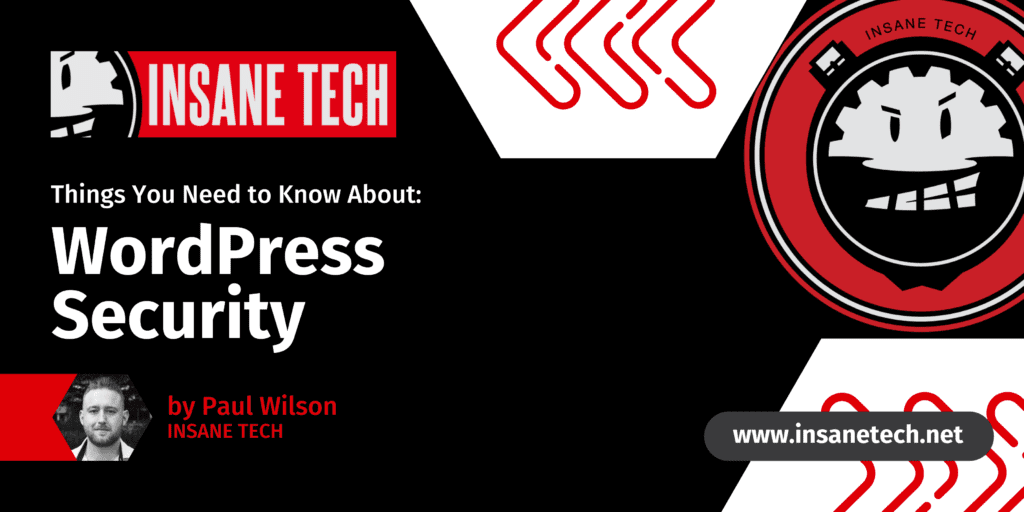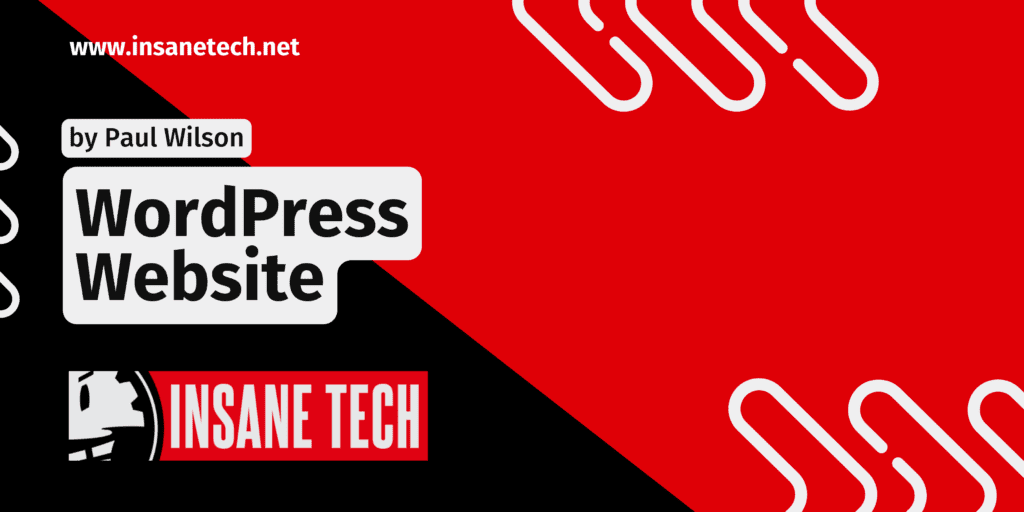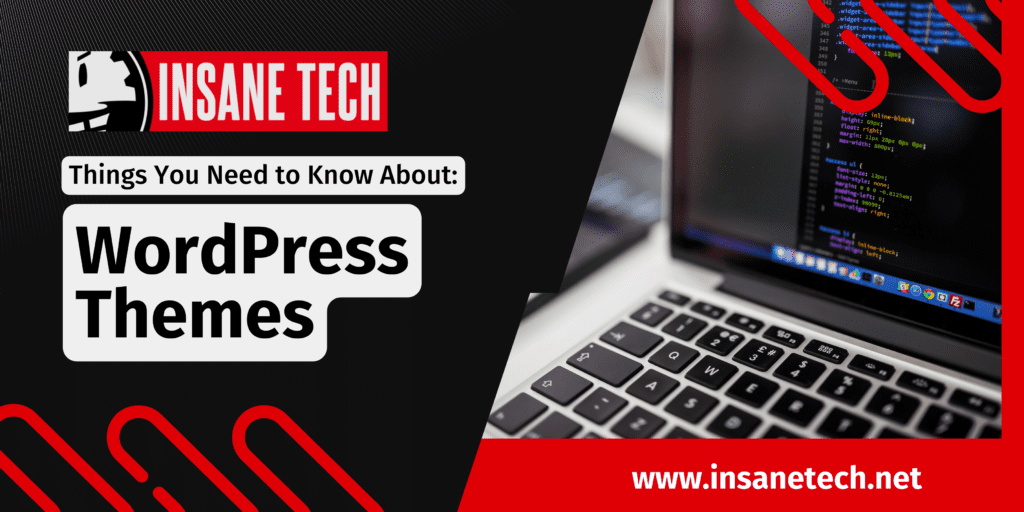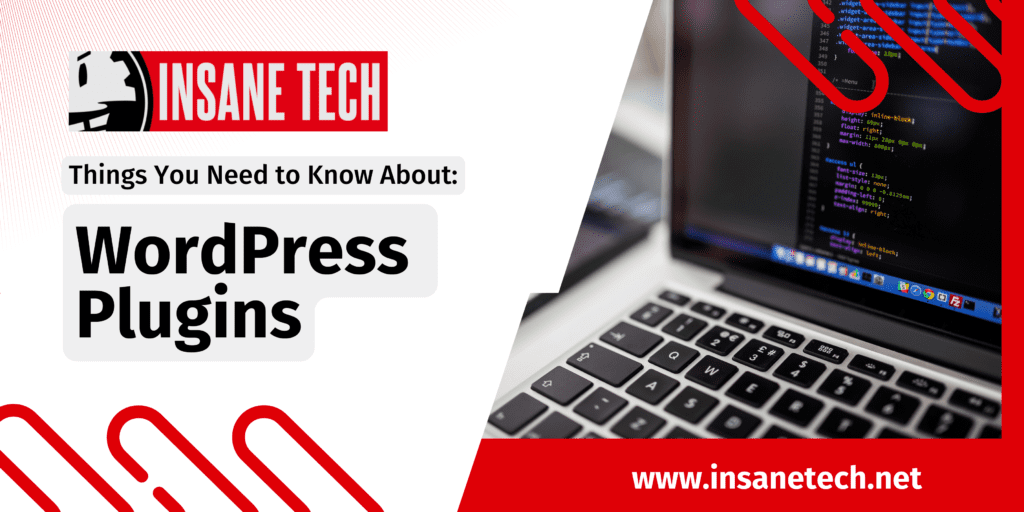
Securing Your WordPress Website: Essential Strategies
The Paramount Importance of Web Security
In the digital realm, security is not just a preference; it’s a necessity. Neglecting security measures can lead to severe consequences for your business, your clients, your website, and could even entangle you in legal issues. This segment will touch upon various problems that could arise from inadequate security measures.
The High Stakes of WordPress Security
Lacking robust security practices for your WordPress site increases the risk of cyber-attacks. Throughout my experience as a Web Developer and Technical Analyst at a Web Hosting company, I’ve witnessed numerous instances where websites were compromised, leading to a host of complications.
Hackers may hijack your website to conduct illegal activities, such as running scams with their content and directing victims to your compromised web address. A security breach not only tarnishes your reputation but can also lead to being blacklisted by search engines like Google. Visitors may encounter security warnings, effectively blocking access to your site. Hosting providers might suspend your service, and legal challenges could arise if the situation isn’t rectified promptly.
Recovering from a Website Breach
Bouncing back from a hacked website is often a daunting, stressful process. It may involve rebuilding your site from scratch or restoring a previous, secure version from backups. You’ll need to navigate through various channels to remove your site from any blacklists, a critical step to regaining your online presence.
The Adage of Reputation and Security
A well-known saying encapsulates the essence of this issue: “It takes 20 years to build a reputation and a few minutes of a cyber-incident to ruin it.” The spectrum of potential issues stemming from inadequate security measures is vast and extends beyond the scope of any single discussion. However, implementing foundational security practices is crucial.
Key Security Measures for WordPress
To safeguard your WordPress website, adhere to several essential practices:
- Regular backups are vital for quick recovery from hacks or other problems.
- Installing SSL certificates ensures encrypted connections.
- Strong passwords deter unauthorized access.
- Keeping your WordPress, themes, and plugins up to date patches security vulnerabilities.
- A Web Application Firewall (WAF) provides an additional security layer.
- Hardening your WordPress site shields against specific threats.
- Adhering to best practices in cybersecurity minimizes risks.
While delving into the technicalities of each security measure is beyond this overview, numerous comprehensive guides are available online. Cybersecurity is a complex field, but understanding and implementing best practices when developing your website is crucial for safeguarding your digital assets.




